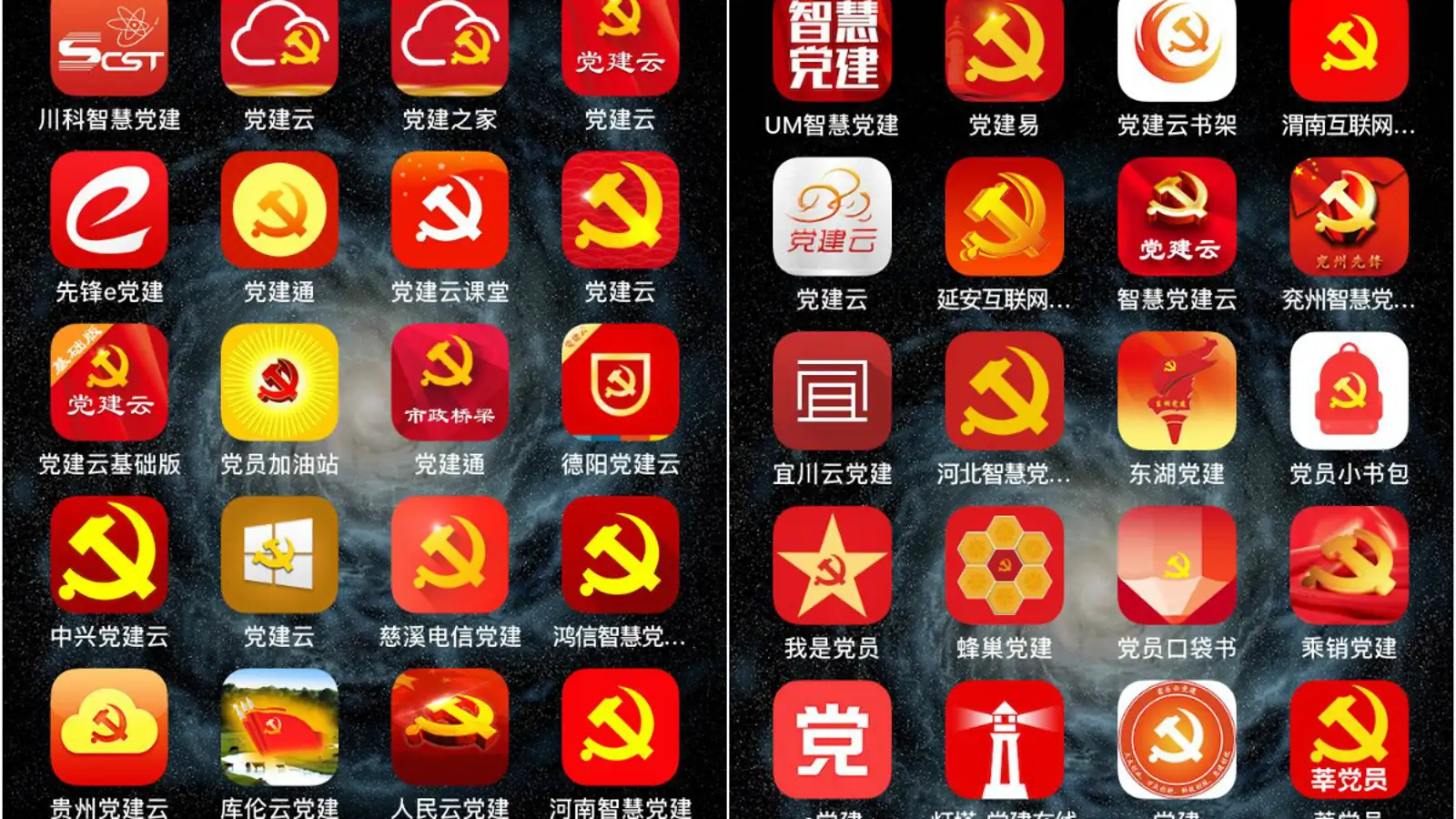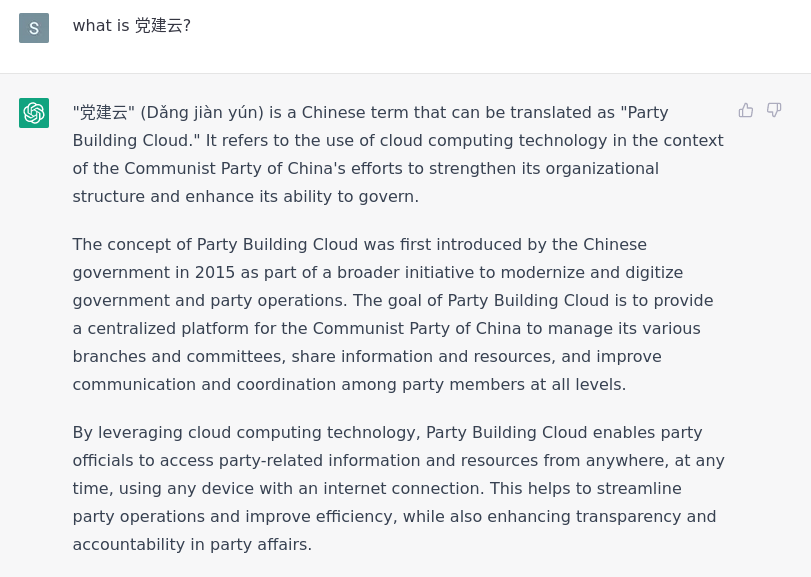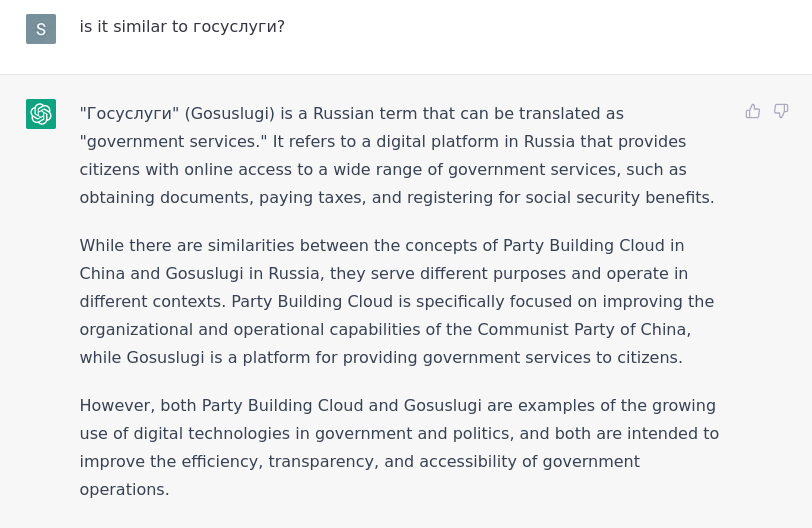We’ve heard a lot about social credit experiments in China. High quality presentations of these ideas have appeared in popular culture. Reality is, they’re not that different from the credit scores in the US. The difference is that social credit grows by saving more, whereas in the US credit score grows by borrowing more and opening more accounts.
I’ve recently learned about the depth and complexity of Chinese Communist Party motivational app ecosystem:

We know that the previous version of media technology, publishing, was actively leveraged by political figures like Mussolini (newspaper publisher and editor), Hitler (advertising design director), Stalin (newspaper editor), and Mao (publisher).
Thus, I wonder if a political party without an app is still viable?
In fact, why not take it further, leveraging ideas from Marshall Brain’s 2003 novel Manna:
Burger-G contracted with a software consultant and commissioned a piece of software. The goal of the software was to replace the managers and tell the employees what to do in a more controllable way. Manna version 1.0 was born.
[…]
So, the first wave of fast food robots did not replace all of the burger flipping employees as everyone had expected. The robots replaced middle management and significantly improved the performance of minimum wage employees. All of the other fast food chains watched the Burger-G experiment with Manna closely, and they started installing Manna systems as well. Soon, nearly every business in America that had a significant pool of minimum-wage employees was installing Manna software or something similar. They had to do it in order to compete.

